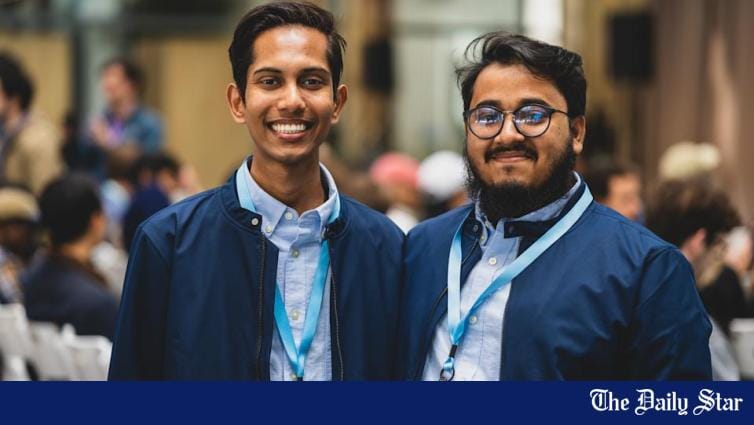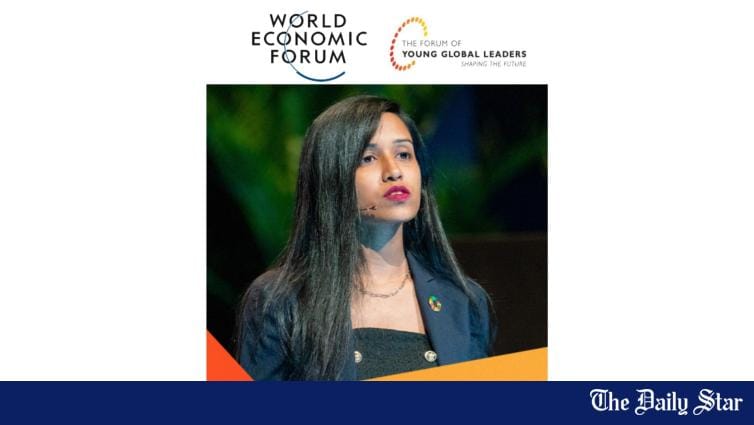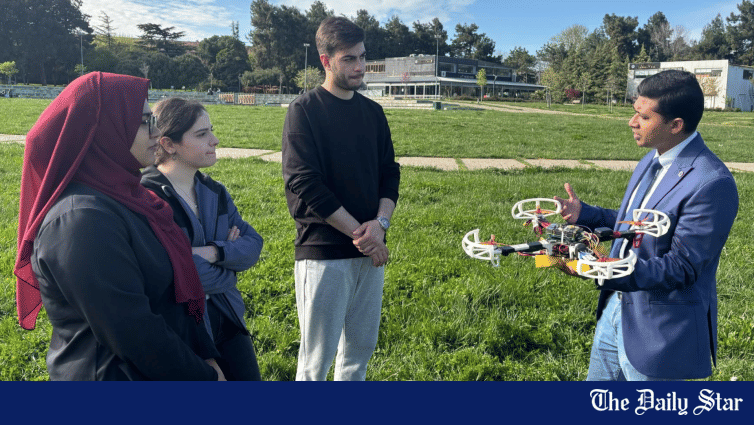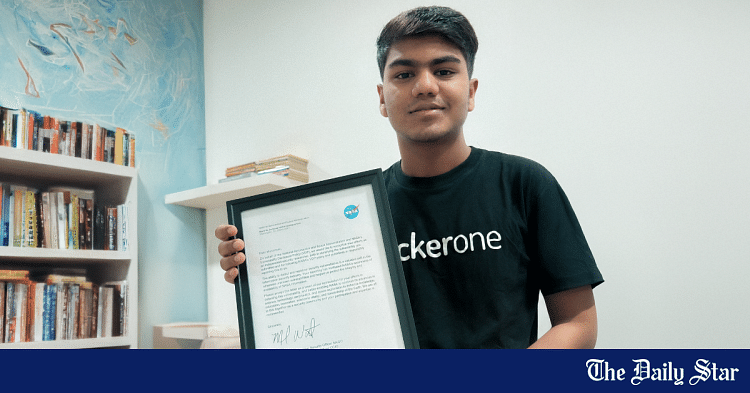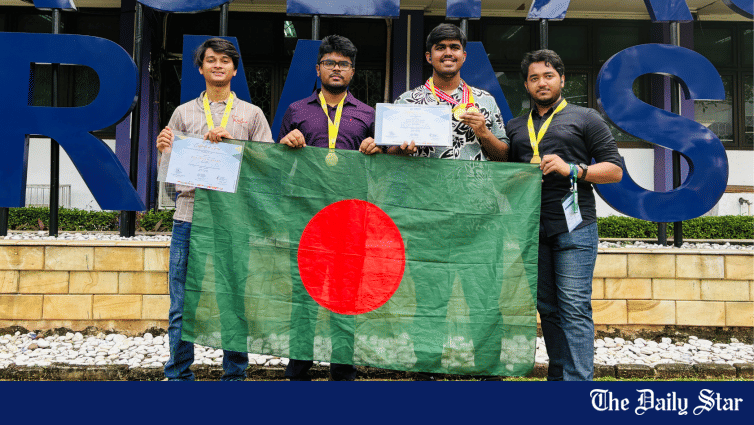Saif
Senior Member
- Joined
- Jan 24, 2024
- Messages
- 17,195
- Likes
- 8,260
- Nation

- Residence

- Axis Group


65 Bangladeshi students win Top in World award
Sixty-five Bangladeshi students have been honoured with ‘Top in the World’ awards at the Outstanding Cambridge Learner Awards 2024, a prestigious event co-hosted by the British Council and Cambridge International Education at a hotel in the capital on Saturday...
 www.newagebd.net
www.newagebd.net
65 Bangladeshi students win Top in World award
Staff Correspondent 30 November, 2024, 23:08
Sixty-five Bangladeshi students have been honoured with ‘Top in the World’ awards at the Outstanding Cambridge Learner Awards 2024, a prestigious event co-hosted by the British Council and Cambridge International Education at a hotel in the capital on Saturday.
The students were recognised for exceptional achievements in the June 2024 Cambridge examination series, said a press release.
A total of 98 Bangladeshi students received 121 awards at the 2024 OCLA. These global accolades celebrate the highest achievers in Cambridge International exams, with over a million students worldwide taking part in Cambridge’s internationally recognised courses each year.
Cambridge International Education has been holding global examinations for more than 160 years.
The awards recognise achievement in four categories: Top in the World, High Achievement, Top in Country, and Best Across.
Among the 121 awards presented, sixty-five Bangladeshi students were honoured with the prestigious ‘Top in the World’ awards, given to those who have achieved the highest marks worldwide for a particular subject.
Of these winners, 98 students received this accolade across Cambridge O Level, Cambridge International AS & A Level, and Cambridge IGCSE subjects.
Professor SMA Faiz, chairman of the University Grants Commission, and James Goldman, acting British High Commissioner to Bangladesh, Shahin Reza, Country Manager for Cambridge International Education in Bangladesh and Rod Smith, group managing Director of International Education at Cambridge, also spoke, among others.
Staff Correspondent 30 November, 2024, 23:08
Sixty-five Bangladeshi students have been honoured with ‘Top in the World’ awards at the Outstanding Cambridge Learner Awards 2024, a prestigious event co-hosted by the British Council and Cambridge International Education at a hotel in the capital on Saturday.
The students were recognised for exceptional achievements in the June 2024 Cambridge examination series, said a press release.
A total of 98 Bangladeshi students received 121 awards at the 2024 OCLA. These global accolades celebrate the highest achievers in Cambridge International exams, with over a million students worldwide taking part in Cambridge’s internationally recognised courses each year.
Cambridge International Education has been holding global examinations for more than 160 years.
The awards recognise achievement in four categories: Top in the World, High Achievement, Top in Country, and Best Across.
Among the 121 awards presented, sixty-five Bangladeshi students were honoured with the prestigious ‘Top in the World’ awards, given to those who have achieved the highest marks worldwide for a particular subject.
Of these winners, 98 students received this accolade across Cambridge O Level, Cambridge International AS & A Level, and Cambridge IGCSE subjects.
Professor SMA Faiz, chairman of the University Grants Commission, and James Goldman, acting British High Commissioner to Bangladesh, Shahin Reza, Country Manager for Cambridge International Education in Bangladesh and Rod Smith, group managing Director of International Education at Cambridge, also spoke, among others.


































